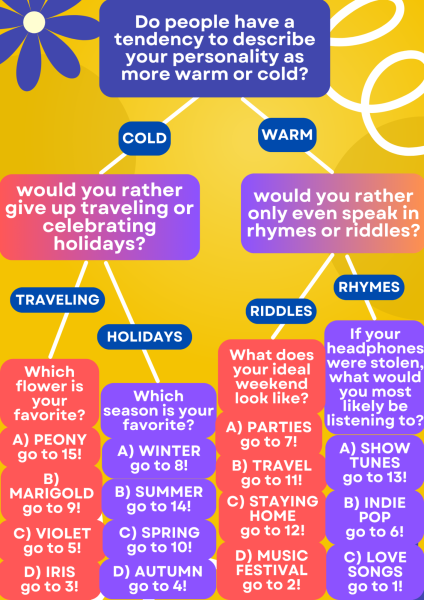A four-day work week COULD be reality
February 2, 2022
It’s a crisp Friday morning, and you are exhausted. Then you remember you don’t have to go to work. Instead of working, you can get some must-needed rest and enjoy life without the stress of work for three days versus the traditional two-day weekends. This new approach could very well be a reality.
Four-day workweeks are becoming favored in European countries. Instead of the usual 40 hour work weeks, four-day workweeks are only 32 hours. Higher productivity levels compensate for the fewer hours worked, plus salary and employee benefits aren’t affected.
Within the span of four years, Iceland conducted a trial for shorter workweeks (35-36 hours) with 1% of the working population. The trials were conducted in many different job settings and salaries were not affected.
The results revealed higher productivity in some workplaces while other workplaces had the same rate of productivity. The health and happiness of workers increased as the fewer hours created a better work-life balance.
After the trials were completed in 2019, 90% of Iceland’s workforce were able to work shorter hours. These shorter workweeks promoted healthy well-being. Workers were less stressed and were less likely to experience burnout.
American lawmakers have also taken charge to introduce four-day workweeks in the United States. Representative Mark Takano initiated a bill back in July that would require employers to pay employees overtime if working more than 32 hours a week. Pramila Jayapal, another U.S. representative, agreed with Takano’s conviction. “It is past time that we put people and communities over corporations and their profits–finally prioritizing the health, wellbeing, and basic human dignity of the working class rather than their employers’ bottom line,” Jayapal said. The bill has yet to be enacted, but in the next few years, members of Congress believe it is possible.
Despite the country not being fully on board, several U.S. companies have switched to four-day workweeks and haven’t looked back. Primary Clothing, in New York, switched to four-day workweeks during the beginning of the pandemic. Employees were given Fridays off and guaranteed there would be no required work or meetings on that day. This schedule became permanent after a successful seven months.
Wildbit is a company that strives to put “people-first.” They experimented with four-day workweeks back in 2017. The experiment quickly became permanent. For the past five years, workers had a focused four days of work and three days of rest to recharge.
In the next few years, more American companies could switch over to four-day workweeks, which could encourage the government to make a permanent change.
The main issue with four-day workweeks is in the educational setting. The amount of time students are in school is reduced by about 50 hours a year. On the other hand, students who attended schools with only four-day weeks reported getting more sleep and having more time to spend with their families, their hobbies, and their jobs. However, the learning rates negatively reflected that time spent away from school. Learning growth decreased after a few years with the newly accepted model.
Parents and students from three different states were interviewed regarding their districts with four-day school weeks. The majority said they would choose the four-day week model over the regular five-day one. They agreed that students had more time to do things they wanted.
As students move on to each grade level, there is more stress added to the weight already on their shoulders. Weekends are supposed to be for rest, yet students are usually stuck doing hours of homework on their days off. Adding another day to the weekend would allow students to accomplish schoolwork while enjoying themselves too.
Even with the tradeoffs, this idea can eventually evolve and work in all settings. Schools might not be included right away, but four-day workweeks would definitely benefit many workplaces.
The benefits of a four-day workweek surely outweigh the drawbacks. Employees are more satisfied and productivity remains high even with fewer hours. In general, people are happier too. Life might be more worthwhile if we are able to detract our focus from work.













